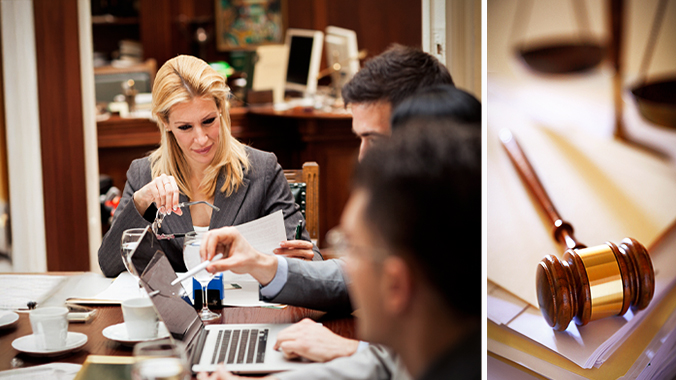Navigating AI in Legal Practice: Critical Changes All Attorneys Must Know—Use Under ABA Opinion 512, ChatGPT Missteps, Judicial Impact, and a Real-World Application Workshop
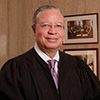
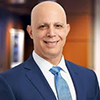



3.5 hour CLE
Get this course, plus over 1,000+ live webinars.
Learn More
Program Summary
Session I – How to Use Generative Tools Without Becoming the Next Sanctions Story – Eran Kahana
This session will discuss generative AI, reasoning models, and autonomous agents, showing how they super-charge (and sometimes sabotage) everyday law practice. You’ll learn why the ABA’s new Formal Opinion 512 matters, how the “power of augmentation” can turn harmless data into a privacy nightmare, and what the recent string of ChatGPT-gone-wrong cases really teaches about competence, diligence, and billing. By the end, you’ll have a playbook for adopting AI as an *operator* not a passive end-user so you can boost productivity, protect privilege, and keep your name out of the news.
Key topics to be discussed:
- Demystifying the tech stack: Plain-English definitions of AI, generative AI, reasoning models, and AI agents, plus why those labels matter for risk, marketing, and client expectations
- The power of augmentation: Scope, scale, speed, and sophistication – How AI amplifies both insight and liability, with real examples from data analytics, privacy, and persuasion
- Ethics on the edge: A practical tour of Model Rules 1.1, 1.5, 5.3, and 5.5, the highlights of ABA Formal Opinion 512, and the “operator mindset” every lawyer should understand
- Hallucination hazard control: Lessons from Mata v. Avianca, Cohen’s Bard blunder, and other cautionary tales
Session II – AI in the Courtroom: What Lawyers and Judges Need to Know – Judge Herbert B. Dixon, Jr.
Artificial intelligence is not merely a concept for the future it is actively transforming the legal landscape. From streamlining legal research and forecasting case outcomes to supporting decision-making processes, AI is becoming an integral part of how legal professionals work. This session introduces lawyers and judges to the growing role of AI in the judicial system, including how it may one day assist or even perform the roles of judges and juries. We will explore both the exciting potential and the serious challenges of AI, including bias in algorithms, privacy concerns, the limitations of machine reasoning, and the importance of preserving human judgment. This session will provide a practical, balanced outline of how AI is reshaping the courtroom and what you need to know to stay informed and prepared.
Key topics to be discussed:
- AI's integration into the judicial system
- Benefits and risks of AI
- AI in the courtroom
- The role of human judgment
- Practical guidance for legal professionals
Session III – Artificial Intelligence on the Record: Demystifying AI Capabilities, Transparency, and Expert Testimony – Ahmad Alokush
As artificial intelligence becomes embedded in litigation, from e-discovery and filings to expert analysis, legal professionals must grapple with both the credibility of AI-generated evidence and the reliability of the technical experts explaining it. This session offers a two-part exploration: First, it examines the standards and tools for authenticating AI-generated content; second, it equips attorneys to understand and challenge expert testimony on AI systems. Attendees will walk away with practical strategies for transparency, admissibility, and rigorous scrutiny of AI in legal proceedings.
Key topics to be discussed:
- Legal standards for authenticating AI-generated text, images, and other outputs
- Disclosure duties under civil procedure and legal ethics rules
- How metadata, prompt history, and model parameters become discoverable evidence
- Forensic tools for identifying hallucinations, deep fakes, and manipulated content
- The evolving role of AI technical experts in court and investigations
- Explaining model bias, limitations, and reliability to judges and juries
- Evaluating third-party AI tools used in legal workflows
- Critical questions and red flags in expert testimony involving AI
Session IV – Generative AI in eDiscovery: Real-World Use Cases and Legal Implications – Alison A. Grounds
AI in eDiscovery is not new, but generative AI is enhancing document review, fact development, and other drafting tasks. This session will discuss real world use cases and highlight the benefits and risks of using generative AI for discovery tasks and document analysis including drafting written responses and objections, coding documents, developing chronologies and deposition outlines, and more.
Key topics to be discussed:
- AI + eDiscovery: The past
- AI + eDiscovery: The present
- Human in the loop
- Validation and disclosure requirements
Session V – A Practical AI Workshop for Busy Professionals: How to Use AI Without Breaking the Rules – Ana Juneja
AI is here and it’s not going anywhere. But how can busy professionals use it without risking ethical or legal trouble? This workshop breaks down exactly how AI tools like ChatGPT, Copilot, and others can help you save time, boost productivity, and stay competitive without crossing any lines. We’ll look at real-world examples
of how professionals are using AI in their daily work, the common mistakes to avoid, and the key legal issues you need to know, especially when it comes to copyright, privacy, and professional responsibility. You’ll leave with practical takeaways, simple frameworks, and a clearer understanding of how to confidently (and compliantly) use AI in your workflow.
Key topics to be discussed:
- What AI can (and can’t) do for busy professionals right now
- Common ways people are already using AI: Writing, research, email, client work, and content creation
- Who owns AI-generated work? What to know about copyright, trademarks, and ownership
- Risks you may not be thinking about: Data privacy, confidentiality, and bias
- Where the ethical lines are and how to stay on the right side of them
- What to include in your contracts and policies if you or your clients use AI
- A simple decision-making checklist for using AI tools safely and effectively
This course is co-sponsored with myLawCLE.
![]() Closed-captioning available
Closed-captioning available
Speakers
 Honorable Herbert B. Dixon, Jr | Superior Court of D.C.
Honorable Herbert B. Dixon, Jr | Superior Court of D.C.
Judge Dixon is a former member of the ABA Board of Governors, the House of Delegates, and the Techshow Planning Board. He is a former chair of both the National Conference of State Trial Judges and the ABA Standing Committee on the American Judicial System. Judge Dixon serves on the ABA Journal Board of Editors, The Judges’ Journal Editorial Board, and is chair the Judicial Division Book Editorial Board.
While in active service with the Superior Court, Judge Dixon served as presiding judge of both the Civil Division and the Multi-Door Dispute Resolution Division of Superior Court and as co-chair of the Strategic Planning Leadership Council for the D.C. Courts, the entity charged with writing the strategic plan for the District of Columbia Courts and evaluating progress in achieving the goals and objectives of the plan. In addition, he served as chair of Superior Court’s Electronic Filing Pilot Project, which received national recognition for its success, and oversaw implementation of the Superior Court’s technology-enhanced courtroom project.
Judge Dixon is the technology columnist for The Judges’ Journal magazine and senior judicial adviser to the Center for Legal and Court Technology (formerly the Courtroom 21 Project), an initiative of the Marshall-Wythe Law School at the College of William & Mary and the National Center for State Courts.
Judge Dixon has received numerous awards, including the ABA Tort Trial & Insurance Practice Section (TIPS) Pursuit of Justice Award, for lawyers and judges who have shown outstanding merit and who excel in providing access to justice for all; the William R. McMahon Award by the National Conference of Specialized Court Judges, for leadership in the field of technology in the courts; and outline into the Washington Bar Association’s Hall of Fame. Most recently, Judge Dixon was named the 2019 Judicial Honoree of the Year by the Bar Association of the District of Columbia.
Judge Dixon received his J.D. degree from the Georgetown University Law Center and a Bachelor of Science degree in Electrical Engineering from Howard University. He is married to Phoebe Boykins Dixon. They have two adult children, both of whom are Ph.D. engineers.
 Eran Kahana | Maslon LLP
Eran Kahana | Maslon LLP
Eran Kahana is an AI, cybersecurity, and intellectual property lawyer as well as a Fellow at Stanford Law School, a member of the Advisory Board of Stanford Law School’s Stanford Artificial Intelligence & Law Society, an adjunct professor of law at the University of Minnesota Law School, and a member of the Scientific Council of the Israeli Association for Ethics in Artificial Intelligence.
In his practice, Eran counsels clients on a wide variety of matters related to AI, cybersecurity, privacy, technology law, trademarks, patents, and copyright issues. Eran also serves in a variety of cybersecurity thought leadership roles and works closely with the FBI, Department of Justice, Secret Service, and colleagues from the private and academic sectors to set, promote, and sustain cybersecurity best practices.
At Stanford Law School, Eran writes and lectures on the intersect between law and AI and is a frequent speaker at Stanford’s annual Digital Economy Best Practices Conference. He has been cited in Oxford University Professor Marcus Du Satoy’s book The Creativity Code: Art and Innovation in the Age of AI and has been interviewed on AI, cybersecurity, privacy, and technology law by Bloomberg Law, BBC, Canadian Broadcasting Corporation (CBC) radio, KABC radio, Minnesota Public Radio, Twin Cities Business magazine, Star Tribune, Minnesota Lawyer, TheStreet.com, Quartz magazine, and Stanford University Radio, KZSU FM.
 Alison A. Grounds | Troutman eMerge
Alison A. Grounds | Troutman eMerge
Alison is the founder and managing partner of Troutman eMerge, a wholly owned subsidiary of the firm, which provides end-to-end, integrated discovery services for legal matters and data management consulting. Troutman eMerge’s attorneys and technologists combine legal strategy with the latest technology to manage data, reduce costs, and identify facts needed to resolve disputes or address business objectives in data management. Their novel approach effectively addresses two common causes of unanticipated costs and risks: disconnected stakeholders and processes. eMerge is an industry-leader and nationally recognized for its innovative use of AI and other technology to reduce costs and identify the information necessary to resolve legal matters. Troutman eMerge also creates bespoke staffing, technological, and project management solutions to ensure clients’ goals are achieved.
With a practical, efficiency-obsessed approach, Alison assists clients in all discovery-related aspects of litigation, internal and governmental investigations, subpoena response, and due diligence, as well as proactive litigation readiness and data management. Clients across varied industries rely on Alison’s litigation experience and technology prowess to develop and manage the overall strategy and to advocate on their behalf during discovery conferences, meet and confers, and hearings. She consults with clients on their deployment, integration, and use of AI in litigation and helps clients navigate legal and technical issues associated with data management and eDiscovery, including issues associated with AI, collaboration tools, and other technologies. She also serves as national discovery counsel to ensure consistent approaches to eDiscovery across a portfolio of matters for clients.
Alison is an authority on eDiscovery law and a frequent speaker and author on eDiscovery issues. Additionally, Alison chairs the firm’s Innovation Committee, serves on the Policy Committee, and is a leader of the firm’s Generative AI Task Force.
 Ahmad Alokush | Ahmadeus Technology Boutique
Ahmad Alokush | Ahmadeus Technology Boutique
Ahmad Alokush is the Founder and CEO of Ahmadeus Technology Boutique, a premier consulting firm specializing in AI strategy, cybersecurity, litigation technology, and digital forensics. He is a trusted technology advisor and recognized expert witness, serving Fortune 100 companies, top law firms, and government agencies.
Ahmad has provided expert analysis in complex matters involving source code, digital evidence, e-discovery, and AI-generated content. He regularly supports attorneys navigating the admissibility and reliability of technology-driven evidence under the Federal Rules of Evidence and Daubert standards.
A seasoned public speaker and educator, Ahmad has delivered CLEs, workshops, and keynote addresses for the New York State Bar Association, the Institute of Internal Auditors, the CFA Society of New York, and other national professional organizations. His sessions are widely known for translating highly technical topics into practical, courtroom-ready legal insights.
 Ana Juneja | Ana Law LLC
Ana Juneja | Ana Law LLC
I am honored and privileged that you are considering me and my law firm for your intellectual property and business matters. As the founder and managing partner of Ana Law, I have dedicated my career to intellectual property law. My past work at the United States Patent and Trademark Office has given me unique insights that contribute to my unbeaten track record of success.
At my firm, I personally handle all aspects of intellectual property services – from procurement, licensing, and enforcement of trademarks, copyrights, and patents, to anti-counterfeiting, IP portfolio management, startup consulting, and IP due diligence around the globe. Working with me ensures you’re not just another case on a paralegal’s desk, but a valued client receiving my full attention. My team and I take on a very limited case load in order to ensure results.
I’ve collaborated with diverse clientele , Fortune 100 companies, solo entrepreneurs, celebrities, athletes, and everyone in between. With a holistic and global approach, I strategically develop IP portfolios that secure and enhance my clients’ market position, turning their intellectual property rights into profitable, market-defending too.
Agenda
Session I – How to Use Generative Tools Without Becoming the Next Sanctions Story | 1:00pm – 2:00pm
- Demystifying the tech stack: Plain-English definitions of AI, generative AI, reasoning models, and AI agents, plus why those labels matter for risk, marketing, and client expectations
- The power of augmentation: Scope, scale, speed, and sophistication – How AI amplifies both insight and liability, with real examples from data analytics, privacy, and persuasion Ethics on the edge: A practical tour of Model Rules 1.1, 1.5, 5.3, and 5.5, the highlights of ABA Formal Opinion 512, and the “operator mindset” every lawyer should understand
- Hallucination hazard control: Lessons from Mata v. Avianca, Cohen’s Bard blunder, and other cautionary tales
Break | 2:00pm – 2:10pm
Session II – AI in the Courtroom: What Lawyers and Judges Need to Know | 2:10pm – 2:40pm
- AI’s integration into the judicial system
- Opportunities and advantages of AI
- Challenges and risks of AI in courtrooms
- The role of human judgment
- Practical guidance for legal professionals
Session III – Artificial Intelligence on the Record: Demystifying AI Capabilities, Transparency, and Expert Testimony | 2:40pm – 3:50pm
- Legal standards for authenticating AI-generated text, images, and other outputs
- Disclosure duties under civil procedure and legal ethics rules
- How metadata, prompt history, and model parameters become discoverable evidence
- Forensic tools for identifying hallucinations, deep fakes, and manipulated content
Break | 3:10pm – 3:20pm
- The evolving role of AI technical experts in court and investigations
- Explaining model bias, limitations, and reliability to judges and juries
- Evaluating third-party AI tools used in legal workflows
- Critical questions and red flags in expert testimony involving AI
Session IV – Generative AI in eDiscovery: Real-World Use Cases and Legal Implications | 3:50pm – 4:20pm
- AI + eDiscovery: The past
- AI + eDiscovery: The present
- Document analysis and summaries
- Deposition preparation
- Fact development
- Gap analysis
- Drafting cases
- Human in the loop
- Validation and disclosure requirements
Break | 4:20pm – 4:30pm
Session V – A Practical AI Workshop for Busy Professionals: How to Use AI Without Breaking the Rules | 4:30pm – 5:00pm
- What AI can (and can’t) do for busy professionals right now
- Common ways people are already using AI: Writing, research, email, client work, and content creation
- Who owns AI-generated work? What to know about copyright, trademarks, and ownership
- Risks you may not be thinking about: Data privacy, confidentiality, and bias
- Where the ethical lines are and how to stay on the right side of them
- What to include in your contracts and policies if you or your clients use AI
- A simple decision-making checklist for using AI tools safely and effectively
Preview
More CLE Webinars
Trending CLE Webinars
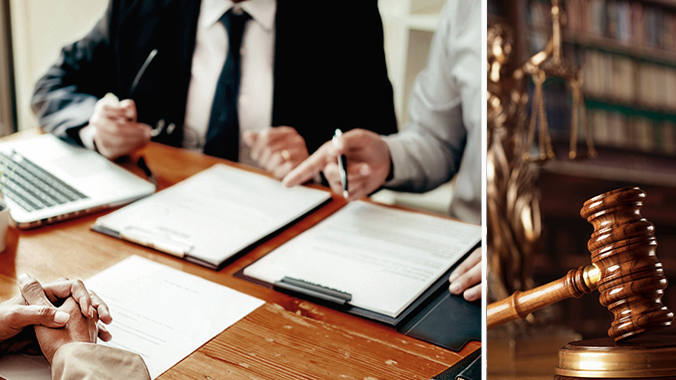
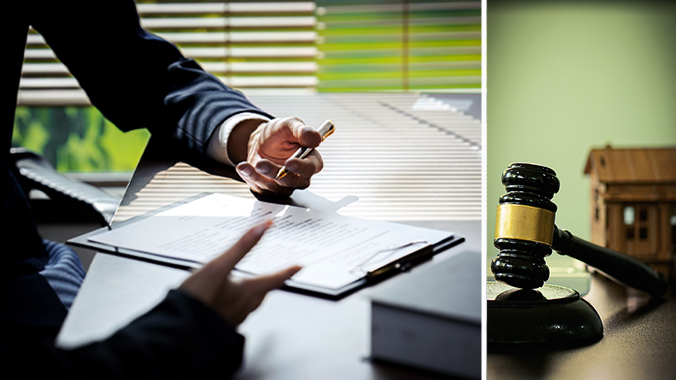
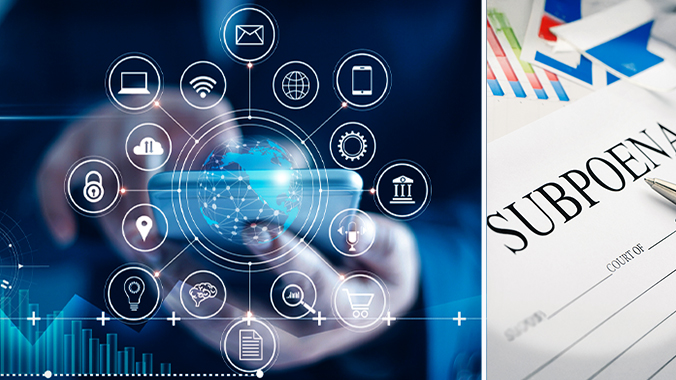




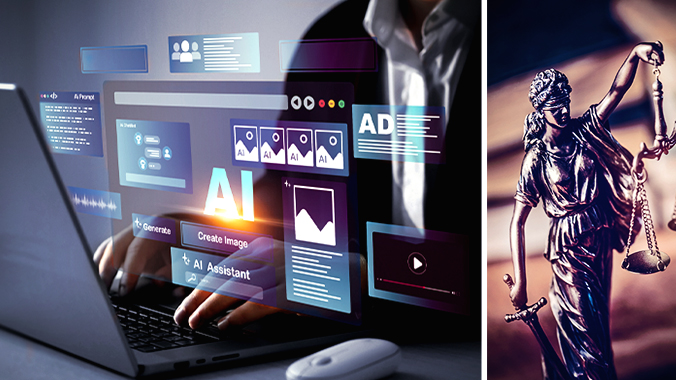

Upcoming CLE Webinars
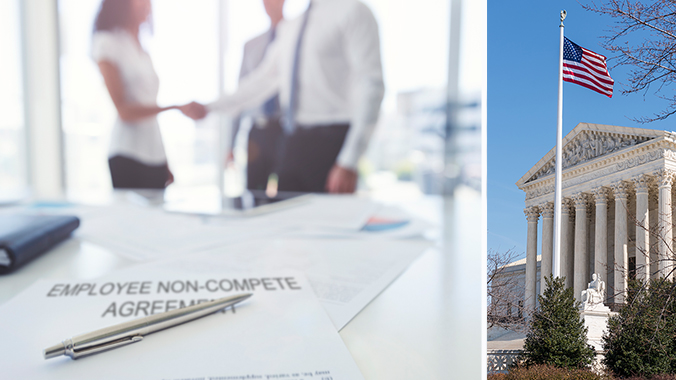




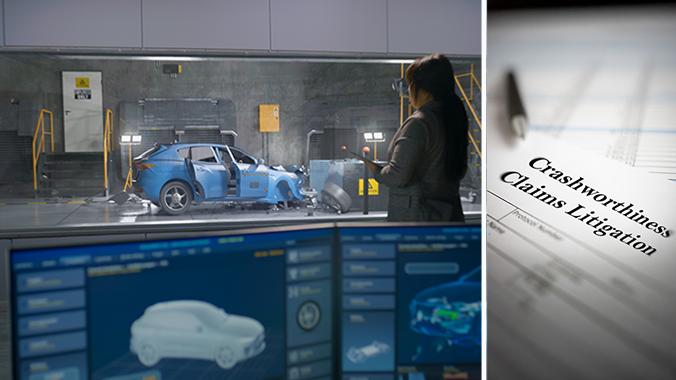




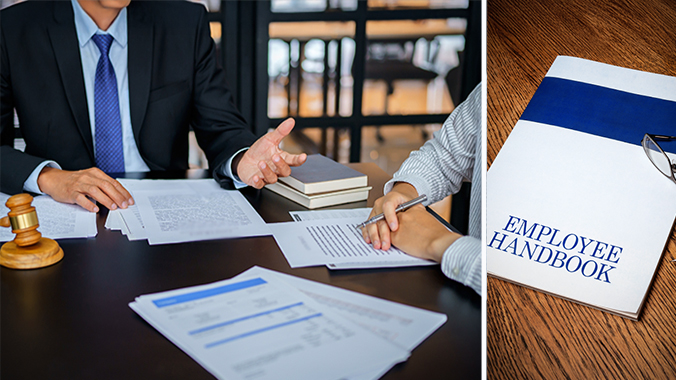


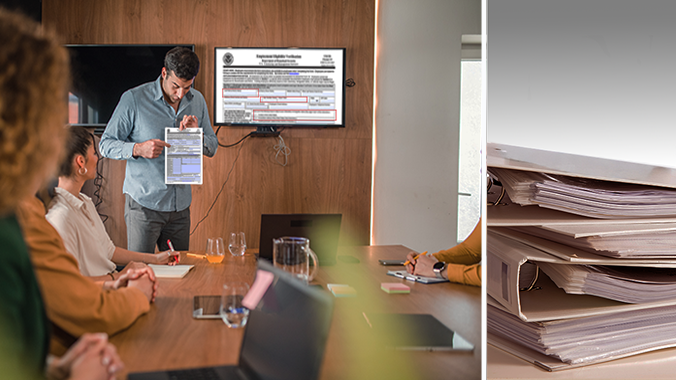




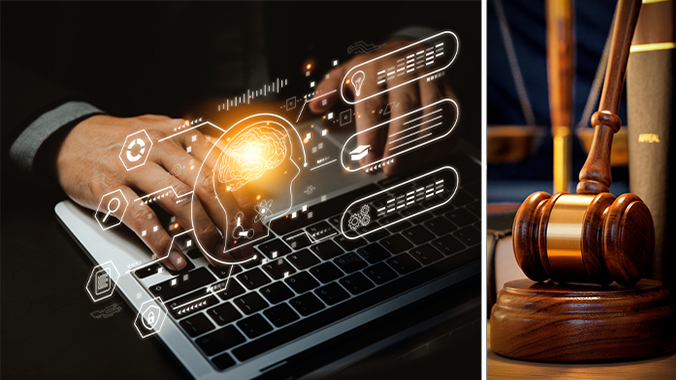
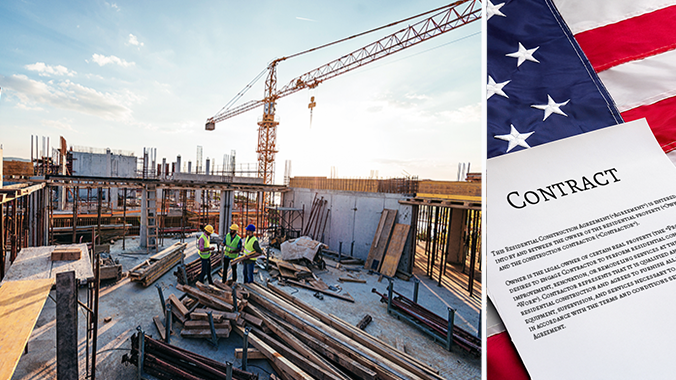

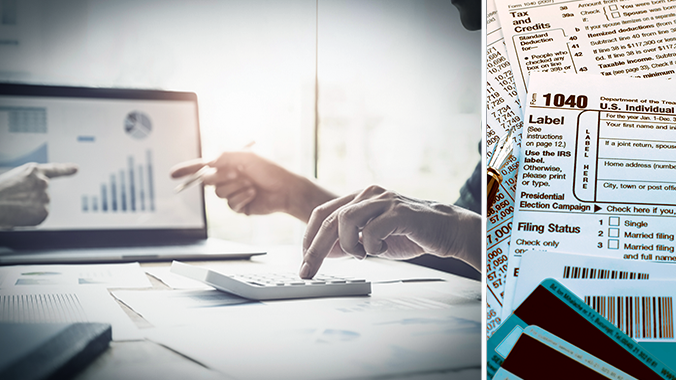

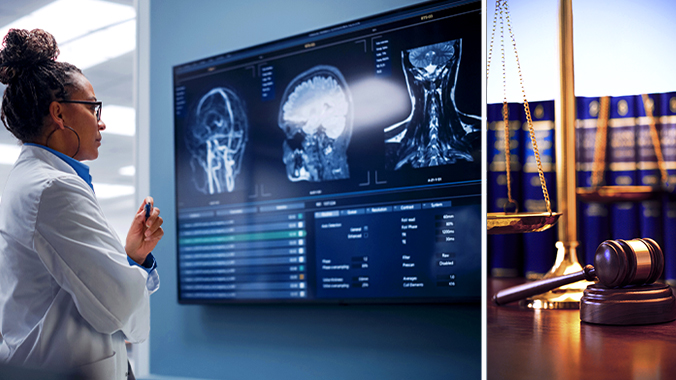
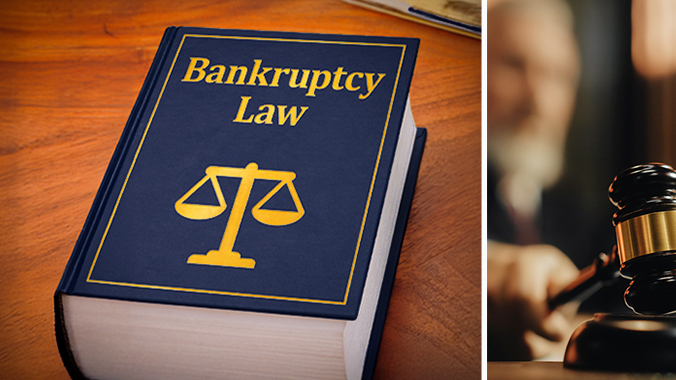




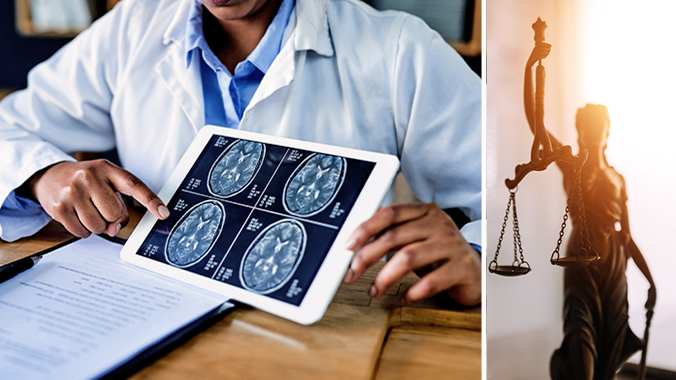

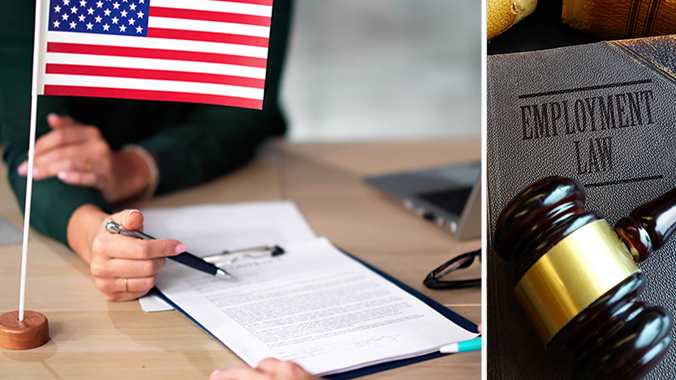


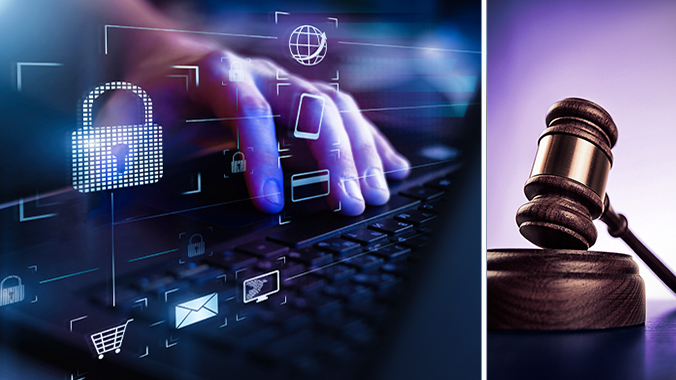



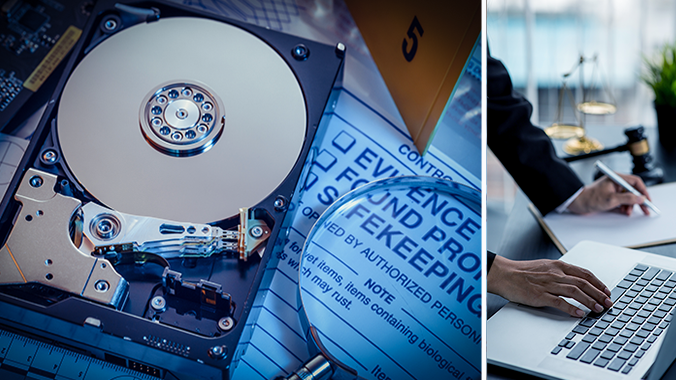

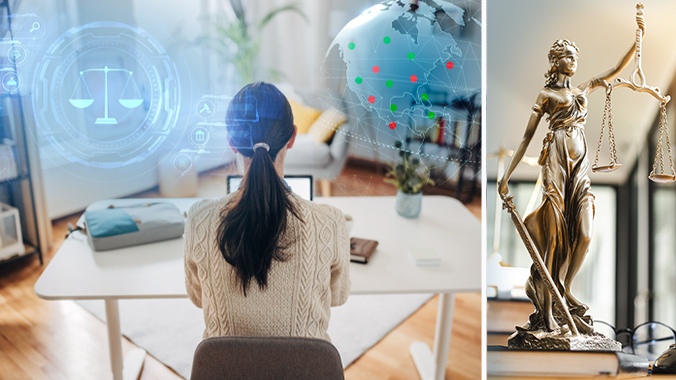


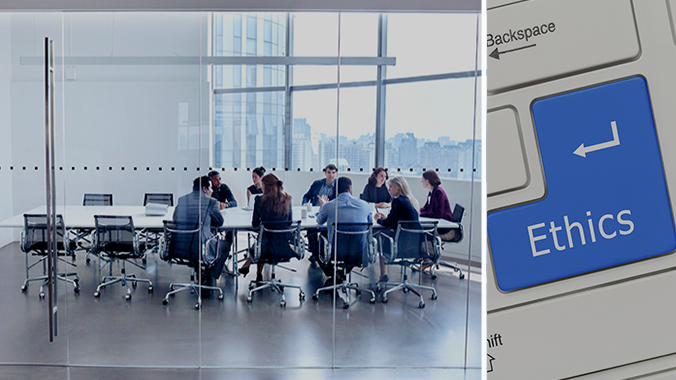


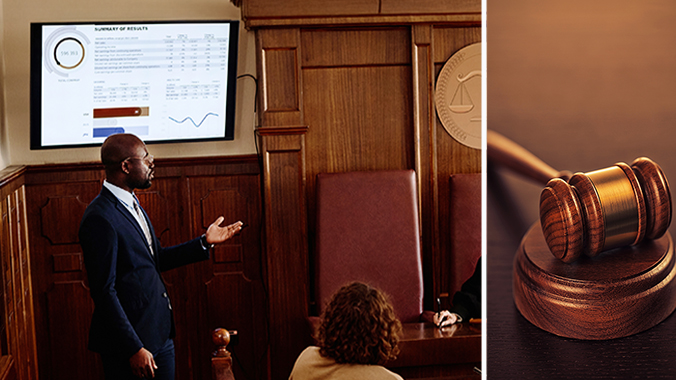

![Attorney–Client Privilege and Work Product: Managing Waiver Risk, Internal Investigations, Regulatory Scrutiny, and Third-Party Communications (2026 Edition) [Includes 1 Ethics hour]](https://taxrepcle.com/wp-content/uploads/2026/01/Product_img_-Attorney–Client-Privilege-and-Work-Product.jpg)


